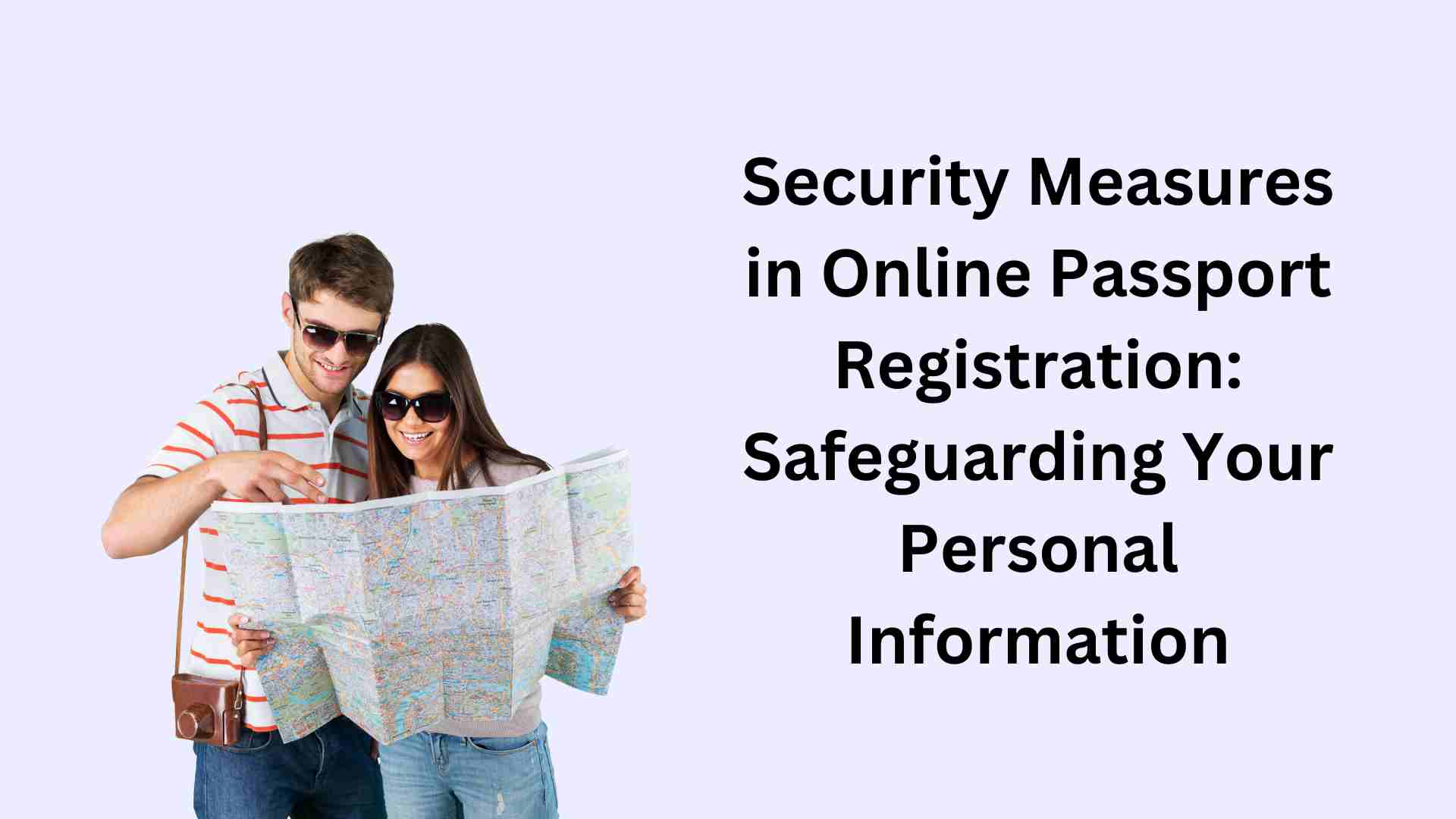
Security Measures in Online Passport Registration: Safeguarding Your Personal Information
A passport registration online is an official government-issued document that serves as a proof of identity and nationality for an individual. It typically contains personal information about the passport holder, including their full name, date of birth, photograph, signature, and other identifying details. Passports are used for international travel and are recognized as a form of legal identification in foreign countries.
Security Measures to Protect Your Personal Information
Secure Socket Layer (SSL) Encryption:
SSL encryption is the cornerstone of secure online passport registration. It ensures that the data you enter, such as your personal information and payment details, is transmitted in an encrypted form, making it unreadable to anyone attempting to intercept it. Look for the padlock icon or “https://” in the website’s URL to confirm that SSL encryption is in place.
Multi-Factor Authentication (MFA):
Many passport registration websites now incorporate MFA as an extra layer of security. MFA requires you to provide not only a password but also an additional piece of information, such as a one-time code sent to your mobile device, making it more challenging for unauthorized individuals to access your account.
Captcha Verification:
To prevent automated bots from attempting to access or tamper with passport registration websites, captchas are often used. These challenges, such as identifying images or solving puzzles, help distinguish between human users and potential threats.
Data Privacy Policies:
Reputable passport registration websites have comprehensive data privacy policies in place. These policies detail how your personal information is collected, stored, and used. It’s essential to read and understand these policies to ensure your data is being handled responsibly.
Regular Software Updates:
Passport registration websites maintain the security of their systems through regular software updates. These updates address vulnerabilities and improve overall security, making it vital for users to keep their browsers and devices up to date.
Email Verification and Notifications:
Many passport registration platforms send email notifications when changes are made to your account or when a new passport application is submitted. These emails serve as an additional layer of security, alerting you to any suspicious activity.
Additional Security Tips for Online Passport Registration
While the security measures mentioned above are critical, there are additional steps you can take to enhance your security when registering for your passport online:
Strong Passwords:
Ensure your password is strong and unique. It should include a combination of uppercase and lowercase letters, numbers, and special characters. Avoid using easily guessable information, such as birthdays or common words.
Password Managers:
Consider using a reputable password manager to generate and store your passwords securely. These tools make it easier to manage multiple complex passwords for various online accounts, including your passport registration.
Avoid Public Wi-Fi:
It’s best to avoid using public Wi-Fi networks when accessing passport registration websites. These networks are less secure and could expose your data to potential threats. Use a trusted and secure internet connection, preferably on your private network.
Regularly Monitor Your Account:
Periodically review your online passport registration account for any unauthorized activity. If you notice any suspicious changes or applications that you did not initiate, report them immediately to the appropriate authorities.
Be Cautious with Emails and Links:
Exercise caution when receiving emails related to your passport application. Avoid clicking on links or downloading attachments from unknown or suspicious sources. Phishing attempts often use deceptive emails to gain access to your personal information.
You can also read renewal of indian passport after expiry date
Keep Your Device Secure:
Ensure that the device you use for passport registration is protected with up-to-date antivirus software and a firewall. This adds an additional layer of security against malware and potential threats.
Back Up Important Documents:
Keep digital and physical copies of your important documents, such as your passport, birth certificate, and driver’s license, in a secure location. In case of loss or theft, having backup copies can expedite the replacement process.
Educate Yourself:
Stay informed about the latest online security threats and scams. Awareness is your first line of defense against potential risks. Regularly update yourself on current security practices.
Conclusion
Online passport registration offers immense convenience, but it’s essential to prioritize the security of your personal information during the process. The measures discussed in this blog, including SSL encryption, multi-factor authentication, captchas, data privacy policies, software updates, and email notifications, collectively contribute to a robust security framework. By staying informed about these security measures and adhering to best practices, you can confidently navigate the online passport registration process, knowing that your sensitive data is well protected. Your passport application experience should not only be hassle-free but also secure, allowing you to embark on your international journeys with peace of mind.



